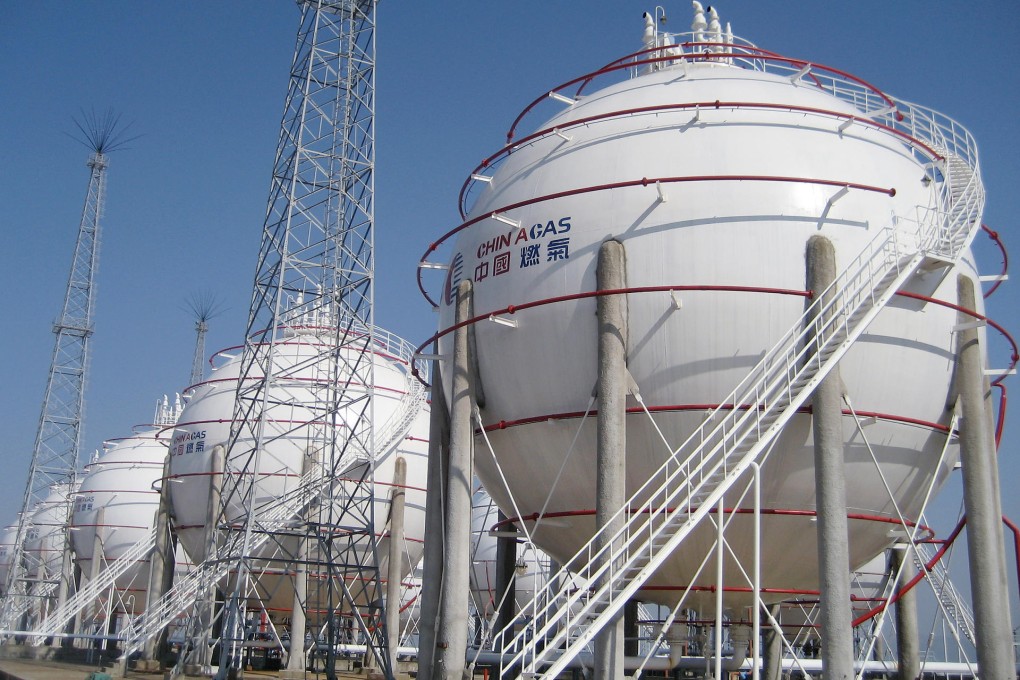New | China's decades-low natural gas demand growth begs reduction and liberalisation of prices
Weak growth in demand for natural gas amid cheaper alternative fuels spurs cries on the mainland for price reduction and deregulation

Beijing's tight grip on natural gas prices amid sharp falls in alternative fuel costs has made natural gas so uncompetitive that demand growth has fallen to its weakest in two decades, holding back the cleaner-burning fuel in helping the nation achieve its air pollution reduction goals.
Unexpectedly tepid demand as a result of the "mispricing" of natural gas has also dashed producers and gas distributors' hope of reaching their production and sales targets set earlier this year, analysts say.
If Beijing does not address this soon by cutting prices and press ahead with price liberalisation as planned, it can result in long-term misallocation of investment by the country's oil and gas giants, they say.
China needs to deregulate natural gas pricing because regulated prices distort a country's energy mix, and lead to misallocation of capital
"China needs to deregulate natural gas pricing because regulated prices distort a country's energy mix, and lead to misallocation of capital by the gas producers," said Neil Beveridge, a senior oil and gas sector analyst at brokerage Sanford Bernstein. "As a result of regulated pricing, gas has become the most expensive fossil fuel relative to alternatives like liquefied petroleum gas, fuel oil and coal."
If gas prices remained uncompetitive, it would mean the state-backed oil and gas giants would lack the incentive to cut investment in high-cost fields, and lost opportunities for industries seeking to gain competitiveness by using cheaper imported gas, Beveridge said.
In the face of a flood of new supply of chilled and liquefied gas to be shipped from Australia between next year and 2018 and from the United States from 2018 onwards, it would be imperative for gas to regain competitiveness and demand growth to reaccelerate so contracted import volumes will be absorbed while leaving enough room for domestic output to be maintained.
The mainland's natural gas consumption grew only 2.2 per cent in the year's first six months, after shrinking in April and May, said a Barclays research report.
It was a far cry from the forecast growth of 9.3 per cent by the nation's largest oil and gas producer, China National Petroleum Corp - the parent of PetroChina - in January.
